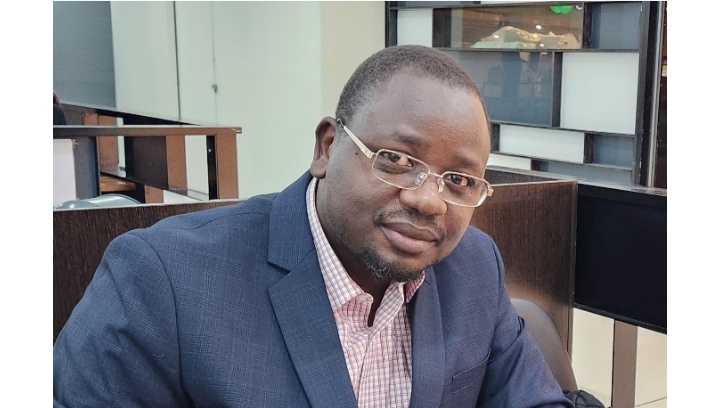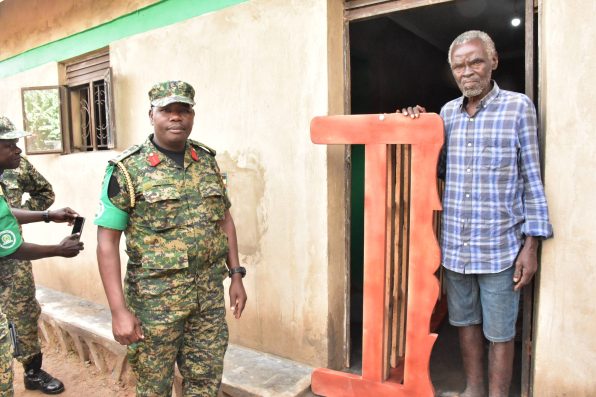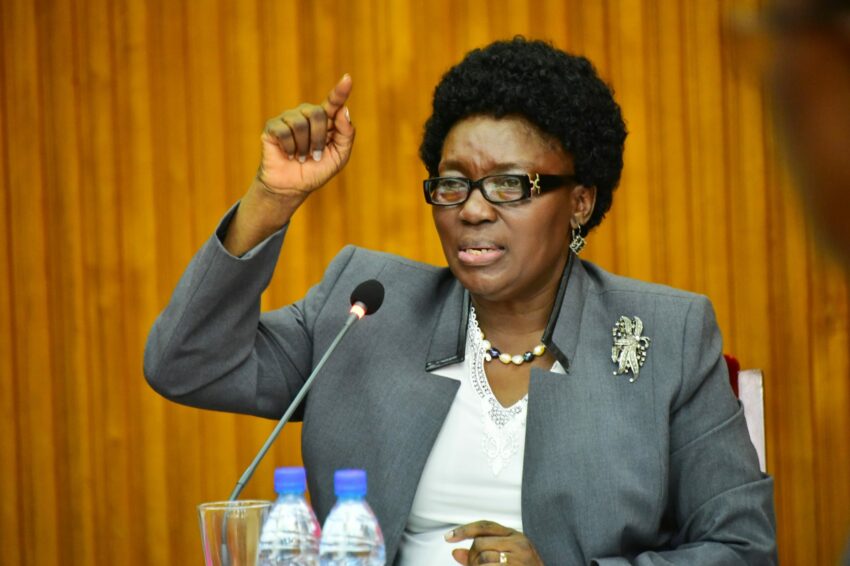In his publication of 24th June 2023, Andrew Mwenda, persuasively highlights a lot of aspects, key among them was his usual blame of opposition political parties and NRM government’s failure to achieve what he termed as socioeconomic transformation/poverty reduction through industrialisation.
In paragraph five, he talks more about development – ‘development takes place in the context of international trade, which is a value chain; some countries produce cotton, others weave cloth, while others market high fashion, some countries mine ore, others make steel and others sell automobiles……….France and Italy market high fashion; Louis Vuitton, Dolce and Gabbana and take 65% of the international market price that’s is why they are advanced (call it developed)’.
In this view, development is hypothesised as a dynamic process evolving from a state of bare sustenance to an industrialized/advanced system with advanced infrastructures of every sort and controlling international trade. In other words, development is a process a nation undertakes moving from a poor “underdeveloped” nation producing and exporting raw materials to a wealthy industrialized developed one producing and exporting high tech products. This form of logic contains a preconceived notion that industrialization is the same as development and wealth, and even an underlying notion that development is westernization/Europeanisation (Mason, 1997). Here Andrew, like other neoliberal orthodox scholars, envision, new methods of production, reliance on new markets, liberalization of trade and unleashing the power of local industries to compete nationally and internationally as a silver bullet for socioeconomic transformation. This type of Schumpeterian competitive environment presumes individual knowledge and human capital existence for development.
Sadly, the main problem with the logic of assuming that if x occurs y will follow is completely inadequate as Uganda and other nations in the developing South have already experimented these market policy approaches during the reformation period, with overwhelming effects to millions. In many cases the predominant view in the article is that development has been the creation of sustainable economic growth, which leads to reduction in the rate of poverty – call it socioeconomic transformation.
Besides, closer examination of this perspective of development highlights its inadequacy because even within industrialized nations, such as the United States, Australia or Canada, there exists varying degrees of poverty. The 2004 World Bank’s development database indicates poverty within Canada to be 33%, 41% for the United States and Uganda at 43%, respectively (World Bank, 2004). Australia continues to grapple with three million poor Australians living below the poverty line (Australian Council of Social Services, 2018).
If the definition of development is linked to economic growth, which implies a lowered poverty rate within a country, then one must question why it is that nations dubbed as developed/advanced are continuing to suffer from such high rates of poverty. As for growth, it can be viewed in terms of the political, economic and social. This term is very difficult to define due to its subjectivity.
Has Uganda failed to achieve Industrialisation?
Political settlements theory and evidence suggests that for industrialisation to emerge and be successful, at least three major factors must be present: these include mutual interests between ruling elites and capitalists to initiate industrial policy in a particular industry; pockets of bureaucratic efficiency to implement the industrial policy without the interference of disruptive politics and corruption; and the facilitation of learning for productivity growth of capitalists who receive industrial policy support (Professor Lindsay Whitfield et al. 2015). A major problem with Uganda is with its political settlement – that is, the distribution of power that determines the distribution of benefits across society. Uganda is characterised by ethnoreligious fragmentations, inter-regional economic inequalities, and lack of a class-based unifying ideology.
Fractionalisation has played out, since colonial times, in the form of political mobilisation mainly based on patronage, ethnic, religious and regional identities, rather than on class and political ideology. The British amalgamated multiple political and social communities into a single political unit, and yet employed divide and rule strategies to govern the protectorate. Given the agrarian economic structure and lacking strong class identity or ideologies, political mobilisation undertook a regional and ethnic basis, and these fragmentations continue to have lasting implications for overall socioeconomic transformation in Uganda, unfortunately Andrew carefully excludes this voluminous literature.
In the past three decades or so, the NRM government has tried its best to unify the country, having taken creative and critical actions to help realise socioeconomic transformation, and this itself should be a cause for optimism, much more than for pessimism. There are still much avenues for creative and progressive action. Intensive and sustained economic growth eluded humanity for millennia. Russia has unsuccessfully been trying to industrialise for 300 years (Graham 2013).
When Sun Yat-sen made plans towards his vision for China to be ‘another New World in the economic sense’ (Yat-sen 1922, page 9), only over six decades later did this begin to be effectuated. Economic and social development is not a linear process and believing so is mere Rostowian ahistorical naivety on the part of Andrew M. Mwenda.
In essence, overall socioeconomic transformation for Uganda may be distant, and the path could be filled with conflict, violence, crises, intermittence of progressive reforms and retractions, and multiple interregna of stagnation, however, it took Western Europe over 250 years to reach the level they are today, moreover including plunder and pillage from the global south (colonies).
All this suggests that the current socioeconomic framework has a potential to transform Uganda, and only in need of improvements in a few areas. Perhaps the first priority is to improve the country’s infrastructure (particularly roads and electricity, of course its already on going). Industrial type activities but also more modern forms of agriculture make intensive use of infrastructure services. In their absence, it is perhaps not so surprising that the Ugandan economy remains centred on small-holder agriculture. And it is not just more money that is needed to address the infrastructure deficit (indeed, this is already happening) but also a review of whether the current institutional structures are consistent with much higher levels of investment and improved service delivery (Selassie, 2008). Some attention also needs to be given to developing a focused growth strategy. Chastened by poor returns to government intervention in the past, there has been little effort in Uganda to settle on the few sectors that can serve to catalyze socioeconomic transformation. The result has not been NRM, opposition, disjointed political process, or fewer interventions but a broad range of uncoordinated and enterprise-specific interventions, and few unpatriotic thugs populating some government ministries. The government is fairly on track; institutions are developing though slowly; more focused enterprises are being trialled. In Kidetok, Serere, we are trying dairy and beef, sunflower, Sesame et al.
Dr. Samuel B. Ariong (PhD) is a recent post doctorate fellow, obtained a PhD in poverty reduction, and is a lecturer and a Model Farmer in Kidetok, Serere, rural Eastern Uganda.
Do you have a story in your community or an opinion to share with us: Email us at Submit an Article









